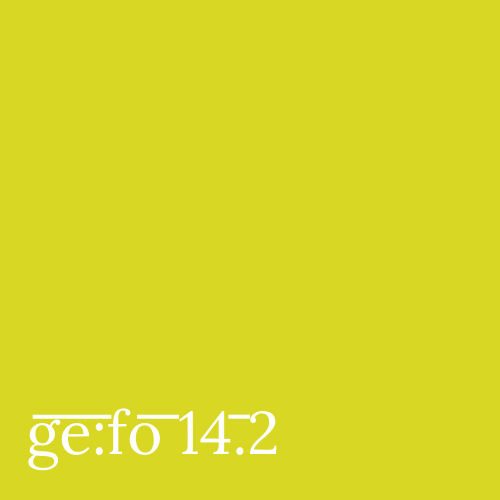“I can't be having with that”: The Ethical Implications of Professional Witchcraft in Pratchett's Fiction
DOI:
https://doi.org/10.18716/ojs/gefo/2015.2661Keywords:
Witchcraft, DiscworldAbstract
Pratchett's fiction is often taken to have an existentialist slant, focusing on the importance of the integrity of the individual, and it is argued that this forms the moral centre of the Discworld stories. However, it soon becomes clear when one looks at the Witches sequence of novels that there are other major well-springs of ethical thought in Pratchett's oeuvre that go beyond the insistence on the individual conscience. These ethical bonds are created in communal spaces, rooted in ordinary life and implicate the apparently highly individualistic characters in their frequently impoverished and working-class communities. One way of showing this is to examine the standards and ideals to which being a professional commits these characters. Drawing on popular representations of witchcraft from Murray to Graves, from modern Wiccans to Renaissance midwives, Pratchett sketches a view of professional witchcraft that commits Granny Weatherwax, Nanny Ogg, Tiffany Aching (and many others) to the good of their communities, without regard for their own safety or sanity. Pratchett's insistence on the democratic and demotic as moral ideals foregrounds the work of the witches of Lancre as heroes of quotidian life.



